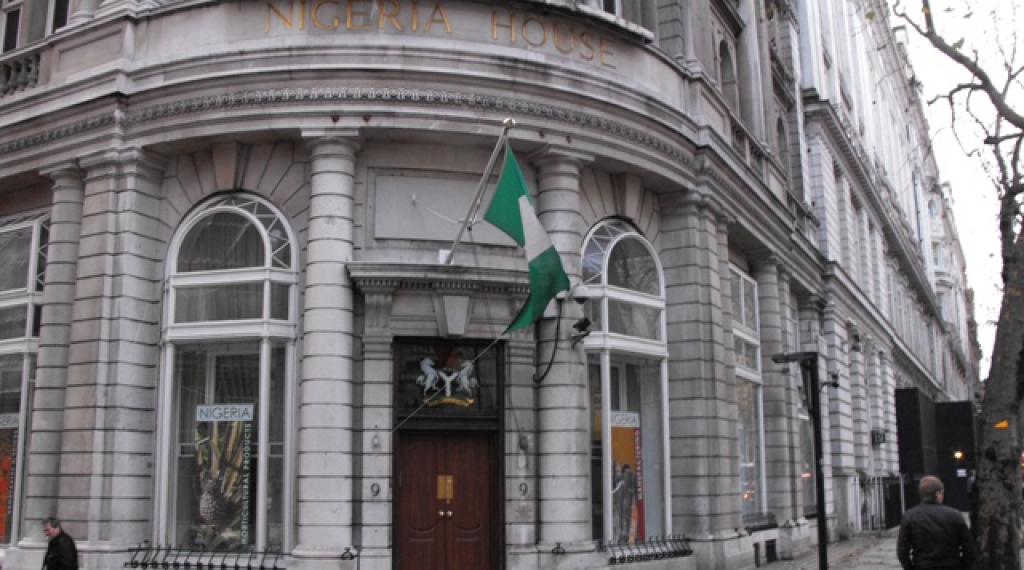After Daily Trust story, Nigeria High Commission in UK pulls down Jonathan’s statements, uploads new anthem
Days after Daily Trust published a story about the website of Nigeria High Commission in UK having more of the policies of the government of ex-President Goodluck Jonathan, who left office in 2015, some changes have been made. Daily Trust had reported how the policy statements of President Bola Tinubu, who assumed office in 2023, […]

nigeria house uk
Days after Daily Trust published a story about the website of Nigeria High Commission in UK having more of the policies of the government of ex-President Goodluck Jonathan, who left office in 2015, some changes have been made.
Daily Trust had reported how the policy statements of President Bola Tinubu, who assumed office in 2023, and has visited the UK for at least five times since then, were not found as of October 4, 2024, when our correspondent visited the website.
Information of 2010 when Jonathan was in power were found in important segments.
Although Nigeria’s anthem changed in May when Tinubu gave assent to the National Anthem Bill, 2024, Arise O Compatriots, the former anthem, was what the high commission had on its website.
However, checks on Friday morning revealed that significant changes have been made as the new anthem, ‘Nigeria, We Hail Thee’, is now on the website.
Also, the policy statements of ex-president Jonathan that previously dominated the website have been wiped off.
A visit to categories such as Economy Overview; Labour Market and Unemployment; Agriculture, Forestry & Fishing; Mining & Semi-Processing, among others which showed some information that have not been updated since the era of ex-President Olusegun Obasanjo, now has “update in progress.”
A former Director-General of the Nigerian Institute of International Affairs (NIIA), Prof. Bola Akinterinwa, had said the obsolete information on the commission’s website portrayed Nigeria in a bad light in the comity of nations.
The diplomat lamented that the absence of Tinubu-led administration’s foreign policies on the website implied that the government is not using international relations to promote economic growth and development in Nigeria.
“It is how you are perceived that people relate with you. It shows that public administration in Nigeria is at best zero. That is why, for instance, former British Prime Minster (David Cameron) described Nigeria as fantastically corrupt. When you’re fantastically corrupt, how do you expect to address minor issues like updating the website? It gives Nigeria a very bad image.”
“It gives the government an image of recklessness; it tells investors that they can’t depend on information on the internet and it is better for them to make inquiries one-on-one. If you don’t have updated information, they (the investors) will engage in bad decision making. It only portrays Nigeria as, at best, an analogue country in a new world of globalisation and technologically-driven world,” he had told Daily Trust.
